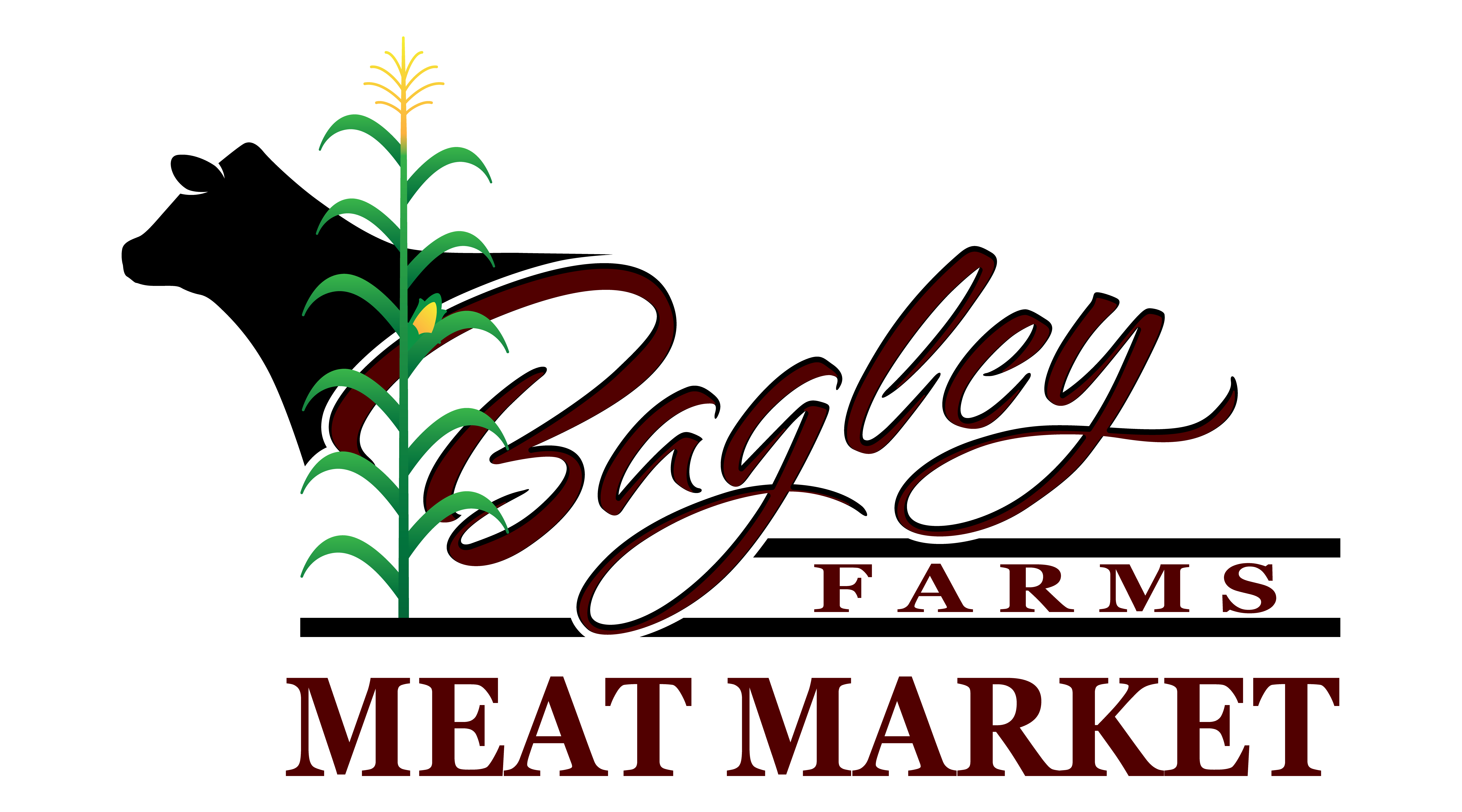Why Shopping at a Farmers Market Supports Local Farmers and Your Community
Shopping at a farmers market offers as a concrete ways of supporting regional farmers while at the same time bolstering the financial fabric of your community. Take into consideration the impact this has on regional economic situations and food systems.
Financial Benefits of Farmers Markets

Farmers markets substantially contribute to neighborhood economic situations by fostering direct sales in between manufacturers and consumers. Such reinvestment not only enhances productivity however also endures local agricultural jobs.
In addition, farmers markets stimulate financial task within the bordering community. By bring in consumers who might likewise buy neighboring organizations, these markets assist to create a vivid local community. The influx of buyers motivates foot web traffic, which profits restaurants, cafes, and stores, ultimately resulting in a multiplier impact that enhances the overall economic situation.
Furthermore, farmers markets commonly function as a platform for small business owners and artisans, enabling them to showcase and sell their items. This diversity of local offerings can boost area identity and satisfaction. Moreover, numerous markets accept alternative forms of payment, such as food stamps or coupons, making sure that fresh produce is obtainable to a broader demographic, hence advertising financial inclusivity. In general, the economic benefits of farmers markets extend far beyond straight sales, promoting a durable and durable local economy.
Freshness and Quality of Create
The unrivaled quality and quality of fruit and vegetables located at farmers markets are vital elements that bring in consumers looking for healthy and balanced and flavorful choices. Unlike grocery store offerings, which commonly undergo lengthy transportation times and storage space periods, the fruits, vegetables, and other items offered at farmers markets are normally collected just days or perhaps hours before being offered. This immediacy ensures that the nutrients, flavor, and appearance are protected, giving a superior culinary experience.
Moreover, farmers markets usually feature seasonal fruit and vegetables, permitting consumers to delight in fruits and veggies at the height of their perfection. Neighborhood farmers take satisfaction in their expanding techniques, typically making use of lasting methods that improve the top quality of their produce.
The direct connection in between the farmer and the consumer at these markets cultivates openness regarding farming techniques, better ensuring customers of the quality of their acquisitions. Consequently, customers can confidently sustain their health and wellness while delighting in the abundant tastes that come from regional, fresh collected fruit and vegetables.
Building Area Relationships
Neighborhood relationships grow at farmers markets, where regional manufacturers and consumers involve in purposeful interactions. farmers market edwardsville il. These markets offer as vivid neighborhood centers, cultivating connections that extend beyond simple deals. Customers have the one-of-a-kind opportunity to satisfy the extremely farmers who expand their food, helping with a deeper admiration for agricultural methods and the obstacles dealt with by regional producers
This straight interaction constructs trust fund and commitment, allowing consumers to sustain the very individuals that add to their neighborhood's economic situation and vigor. These communications typically lead to the sharing of understanding regarding seasonal Check This Out fruit and vegetables, food preparation ideas, and lasting techniques, enhancing the neighborhood's cumulative understanding of food systems.
In addition, farmers markets develop a feeling of belonging, as people from varied backgrounds come with each other to celebrate regional society and shared values. Ultimately, shopping at farmers markets is not simply concerning acquiring food; it is concerning supporting community bonds that add to a resilient and successful neighborhood ecosystem.
Promoting Lasting Practices
At farmers markets, lasting practices are not only urged yet proactively promoted, developing a platform for ecologically aware consumption. These markets typically include regional farmers who use chemical-free farming methods, which dramatically lower the dependence on artificial pesticides and fertilizers. By focusing on organic cultivation, they add to healthier environments and promote dirt wellness, guaranteeing that the land can maintain agricultural practices for future generations.
Furthermore, lots of farmers at these markets embrace sustainable practices such as plant rotation and permaculture methods, which boost biodiversity and reduce dirt disintegration. The focus on seasonal produce also decreases the carbon impact related to moving food over long distances, promoting a more sustainable food system.

Supporting Regional Food Equipments

Sustaining regional food systems additionally lowers the carbon footprint related to transporting food over fars away. When consumers purchase directly from neighborhood farmers, they minimize the requirement for substantial supply chains, thereby saving power and resources. Furthermore, farmers markets frequently motivate sustainable farming practices, as local producers are most likely to prioritize environmentally pleasant approaches to appeal to their community.
In addition, by investing in regional food systems, consumers contribute to the strength of their neighborhoods. A robust local food network can withstand Our site outside pressures and financial changes, guaranteeing a secure food supply. Eventually, shopping at farmers markets not only supports local farmers but additionally boosts the overall health and wellness and sustainability of the neighborhood's food ecological community.
Conclusion
Shopping at farmers markets plays an essential function in sustaining local farmers and improving area durability. The straight connection between consumers and regional manufacturers not just guarantees access to fresh, top quality food but additionally enhances local food systems.
Purchasing at a farmers market serves as a tangible means of sustaining regional farmers while at the same time strengthening the economic material of your area. By focusing on local sourcing, farmers markets help preserve regional farming diversity and promote the consumption of seasonal produce, which in turn enhances neighborhood economies.
Eventually, purchasing at farmers markets not only supports regional farmers yet additionally improves the total health and wellness and sustainability of the neighborhood's food environment. (farmers market edwardsville il)
Shopping at farmers markets plays an important duty in boosting and sustaining neighborhood farmers neighborhood durability. The straight relationship between consumers and local manufacturers not just guarantees access to fresh, top notch food but also enhances neighborhood food systems.